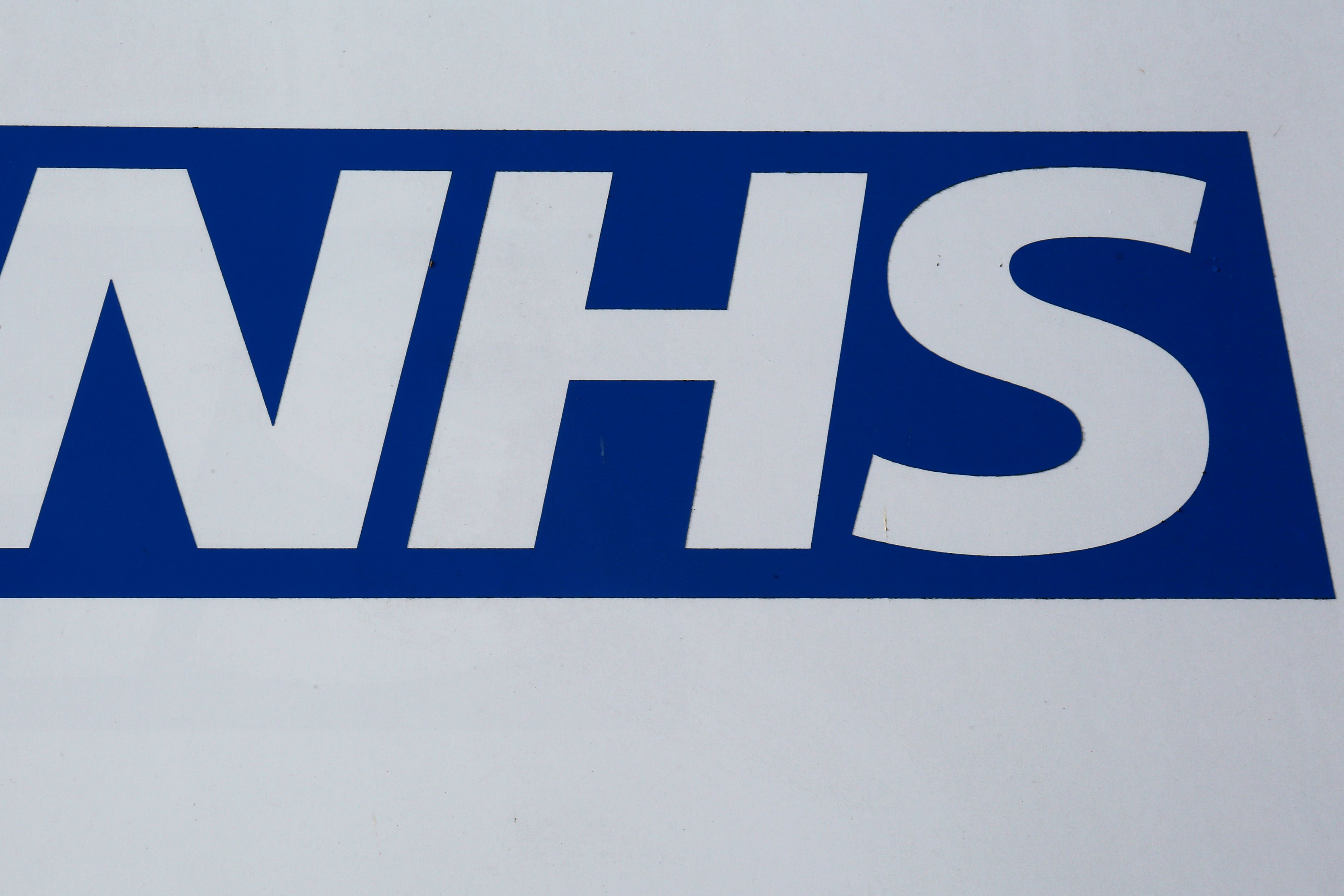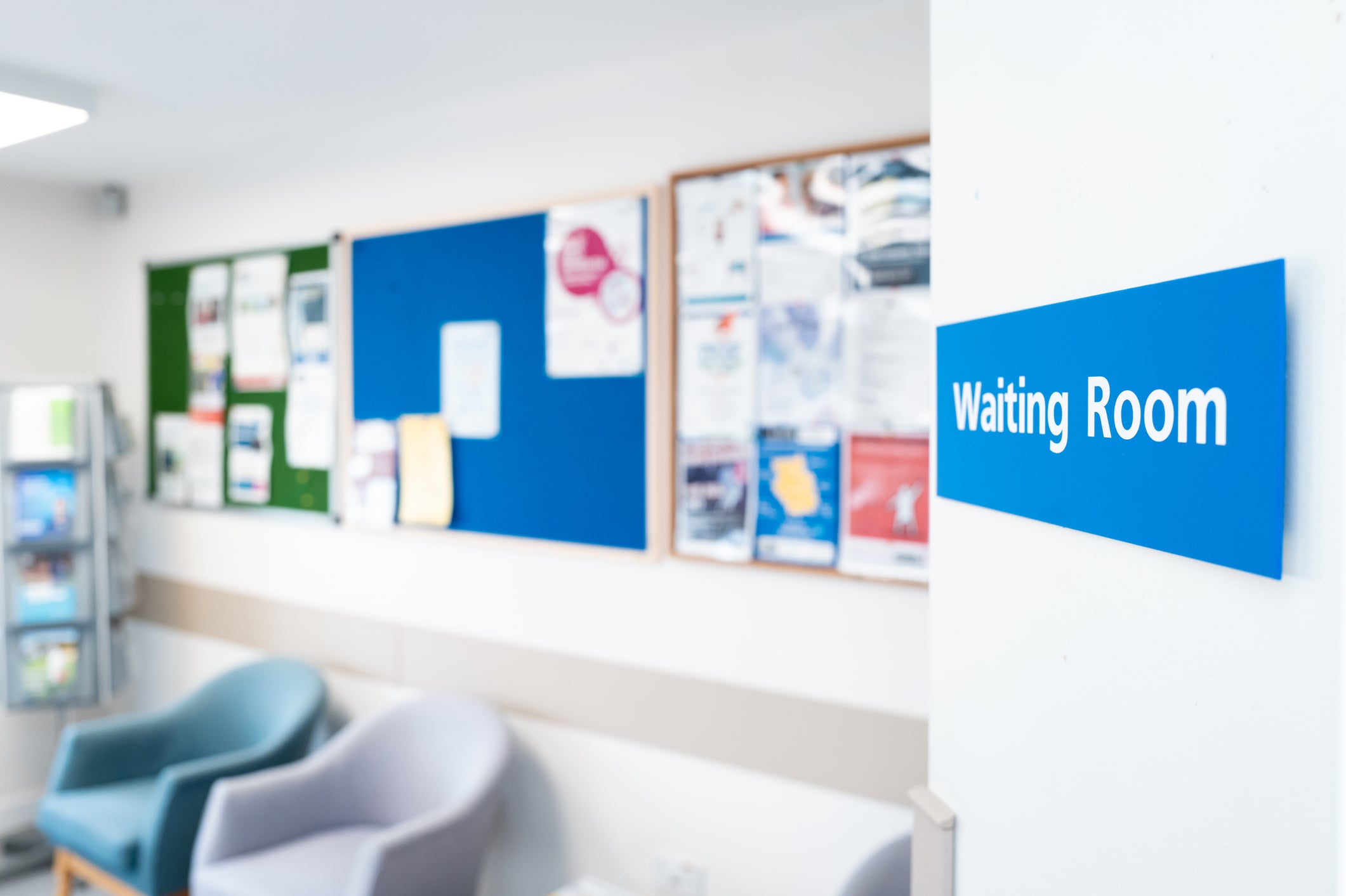The NHS’s total liabilities for medical negligence have hit £60 billion, the National Audit Office (NAO) has said.
The amount has been attributed to the rising number of claims, combined with more being paid out per claim and spiralling legal fees.
The estimated fee is the total that would be needed to settle all NHS clinical negligence claims as of the end of March this year, including any claims not yet received for the period before then.
According to the NAO, clinical negligence is the second largest liability on the government balance sheet after nuclear decommissioning, with the figure now four times higher than what it was in 2006-07.
The NAO added legal costs for claimants on successful claims have increased “much more” than those incurred by the NHS when defending itself.
Claimant legal costs increased from £148 million in 2006‑07 (in real terms) to £538 million in 2024-25 – representing 15 per cent of the total cost of settled claims.
Meanwhile, NHS defence costs have also increased, from £76 million in 2006-07 (in real terms) to £159 million in 2024-25, but reduced from 7 per cent to 4 per cent of settled claim costs over the same period.
The NAO report said legal costs for low-value claims now vastly exceed the damages paid to claimants.

About three-quarters of clinical negligence claims settle for £25,000 or less, but the costs of these are almost four times the total damages awarded.
In 2024‑25, £143 million of the £183 million cost to settle low-value claims was for legal costs, while £39 million (21 per cent) was for damages.
When looking at settled claims, the report said mental health and radiology have seen the largest percentage increases.
Meanwhile, obstetrics cases involving cerebral palsy or brain damage (£599 million) and paediatrics (£137 million) saw the largest increase in annual settled costs.
Overall, damages on very-high value cases (with awards of £1 million or more) account for 68 per cent of all costs, despite only constituting 2 per cent of claims by volume.
The highest-value claims are usually for brain injury caused by poor maternity care.
Between 2006-07 and 2024-25, the total cost for obstetrics claims involving cerebral palsy or brain damage increased by over £1 billion in real terms.
The report also said that, although forecasts remain uncertain, it is likely that the cost to the government of clinical negligence “will continue to grow substantially”.
And when looking at annual figures, the yearly cost of settling clinical negligence claims has more than tripled over the past two decades, from £1.1 billion in 2006-07 to £3.6 billion in 2024-25.
The report said improving how the NHS responds to complaints of harm could reduce the number of claims and the cost of clinical negligence.
It said: “Stakeholders raised concerns about how well individual health providers apply the duty of candour, which is the legal obligation for honesty and transparency when care goes wrong.”
The NAO also said plans made by the previous government to cap the legal costs in low-value cases have not been implemented.

It also points out how the government may be paying twice in some cases: first by settling a claim, and then again when patients choose NHS or social care, despite an assumption their settlement will be used for private care.
The NAO acknowledged that NHS Resolution has worked hard to resolve claims faster and without litigation wherever possible, but said more needs to be done.
Gareth Davies, head of the NAO, reducing harm to patients is clearly the best way of containing rising costs.
“Alongside this, DHSC should consider whether the existing approach to legal costs remains proportionate for all claims, including whether alternative methods to compensate for negligent treatment could provide better outcomes for patients, with less cost overall,” he said.
A Department of Health and Social Care spokesperson said: “There has been an unacceptable rise in the cost of clinical negligence claims – billions that should have been spent on frontline services.
“From overhauling our broken safety landscape, to grasping the serious problems in maternity care – this government is grabbing hold of this problem and taking the decisive action patients and taxpayers deserve.
“Our 10-year health plan makes clear that patient safety is the bedrock of a healthy NHS and we are working to ensure we reduce the incidents that lead to claims.
“However, a large portion of these costs occur through the legal system and we have appointed legal expert David Lock KC to advise us on how to address rising legal costs and how we can improve the claims process for patients.”







